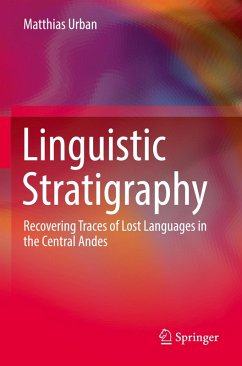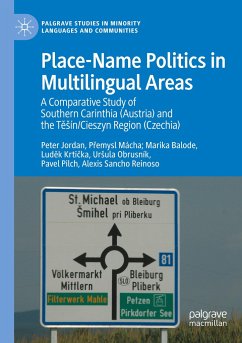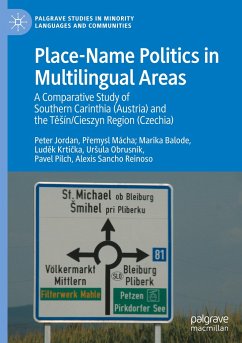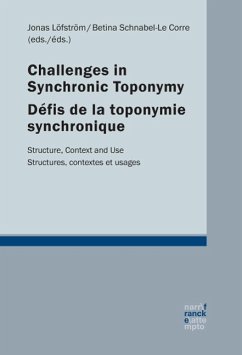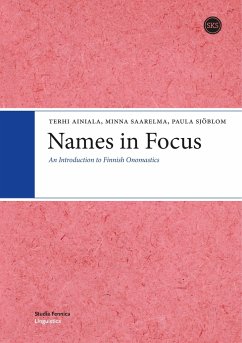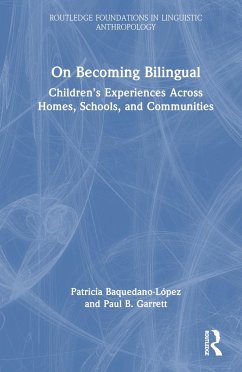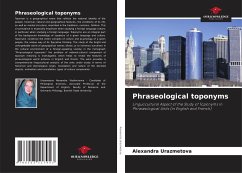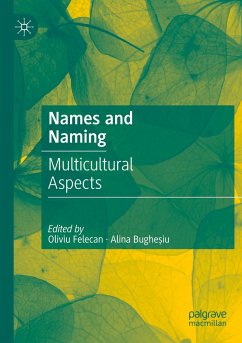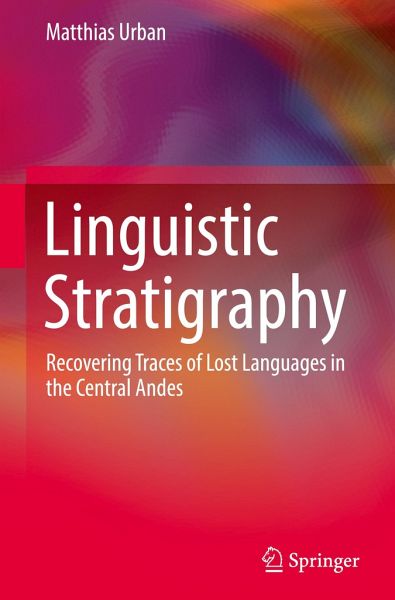
Linguistic Stratigraphy
Recovering Traces of Lost Languages in the Central Andes
Versandkostenfrei!
Versandfertig in 6-10 Tagen
83,99 €
inkl. MwSt.
Weitere Ausgaben:

PAYBACK Punkte
42 °P sammeln!
This book examines the historical linguistic panorama of Western South America, focusing on the minor languages that were partially or fully replaced by the expansion of the Quechuan family through the region.The author presents a coherent and generally applicable framework for studying prehistoric language shift processes and reconstructing earlier linguistic landscapes before significant language spreads ousted former patterns of linguistic diversity. This framework combines toponymic evidence with the analysis of substrate contact effects, and, in some cases, extralinguistic evidence, to cr...
This book examines the historical linguistic panorama of Western South America, focusing on the minor languages that were partially or fully replaced by the expansion of the Quechuan family through the region.
The author presents a coherent and generally applicable framework for studying prehistoric language shift processes and reconstructing earlier linguistic landscapes before significant language spreads ousted former patterns of linguistic diversity. This framework combines toponymic evidence with the analysis of substrate contact effects, and, in some cases, extralinguistic evidence, to create an integrated if incomplete of extinct and undocumented languages. In an authoritative exploration of case studies, concerning Aymara in parts of Southern Peru, Cañar in Ecuador, and Chacha in Northern Peru, the book shows how the identities of lost languages and earlier linguistic panoramas can be reconstructed.
The author presents a coherent and generally applicable framework for studying prehistoric language shift processes and reconstructing earlier linguistic landscapes before significant language spreads ousted former patterns of linguistic diversity. This framework combines toponymic evidence with the analysis of substrate contact effects, and, in some cases, extralinguistic evidence, to create an integrated if incomplete of extinct and undocumented languages. In an authoritative exploration of case studies, concerning Aymara in parts of Southern Peru, Cañar in Ecuador, and Chacha in Northern Peru, the book shows how the identities of lost languages and earlier linguistic panoramas can be reconstructed.





